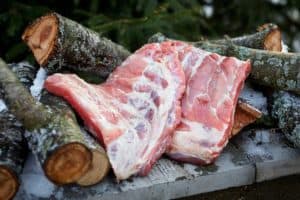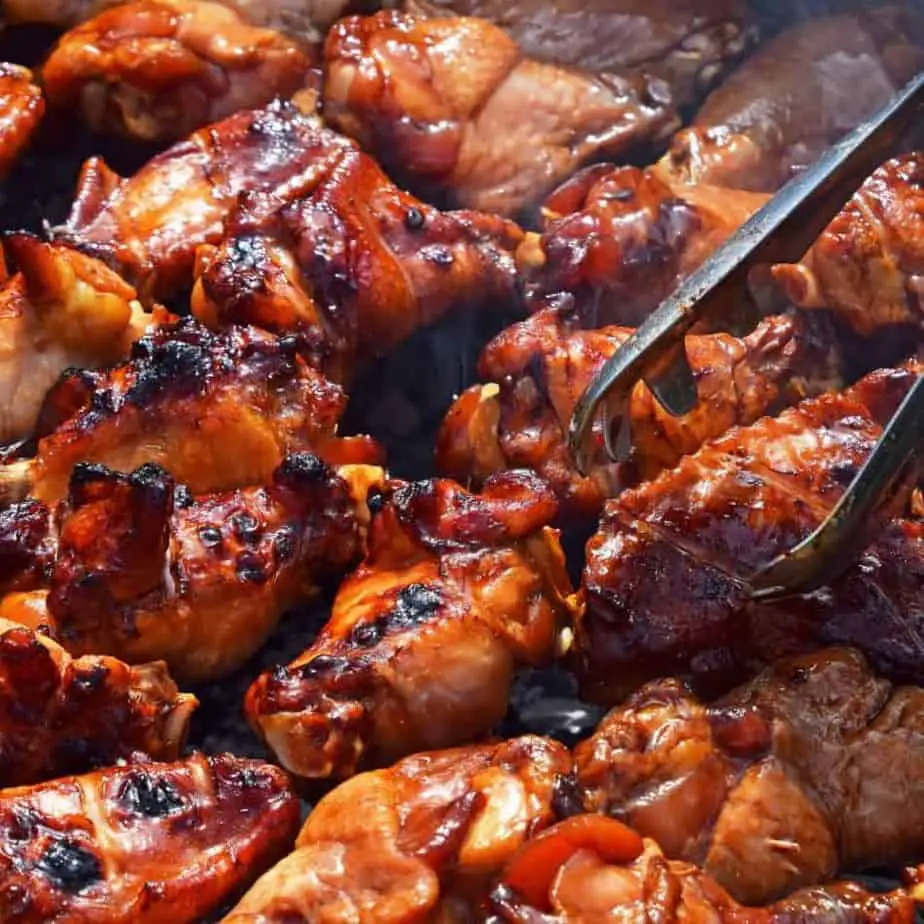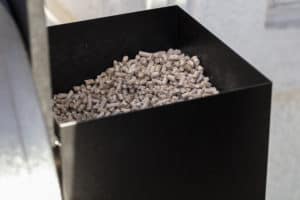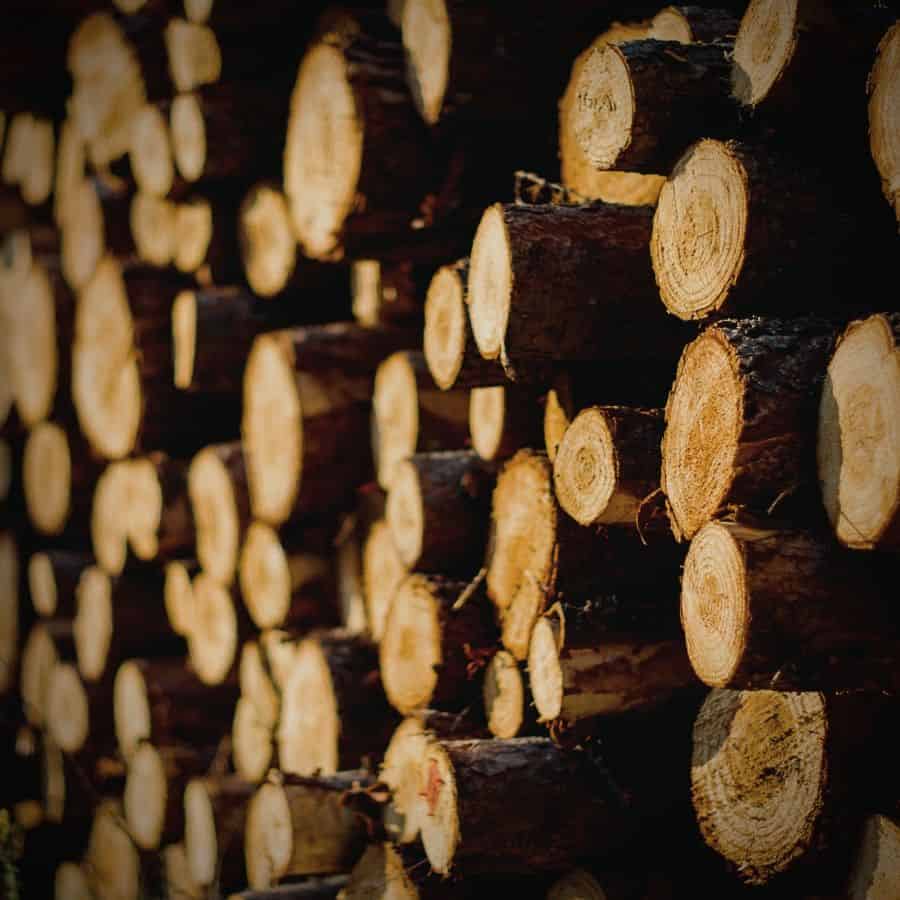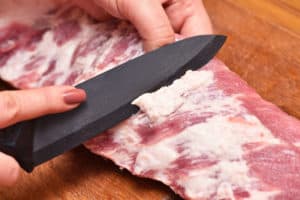Does Smoking Meat Add Sodium?
Disclosure: This post may contain affiliate links. If you use these links to buy something we may earn a commission at not additional cost to you. Learn more.
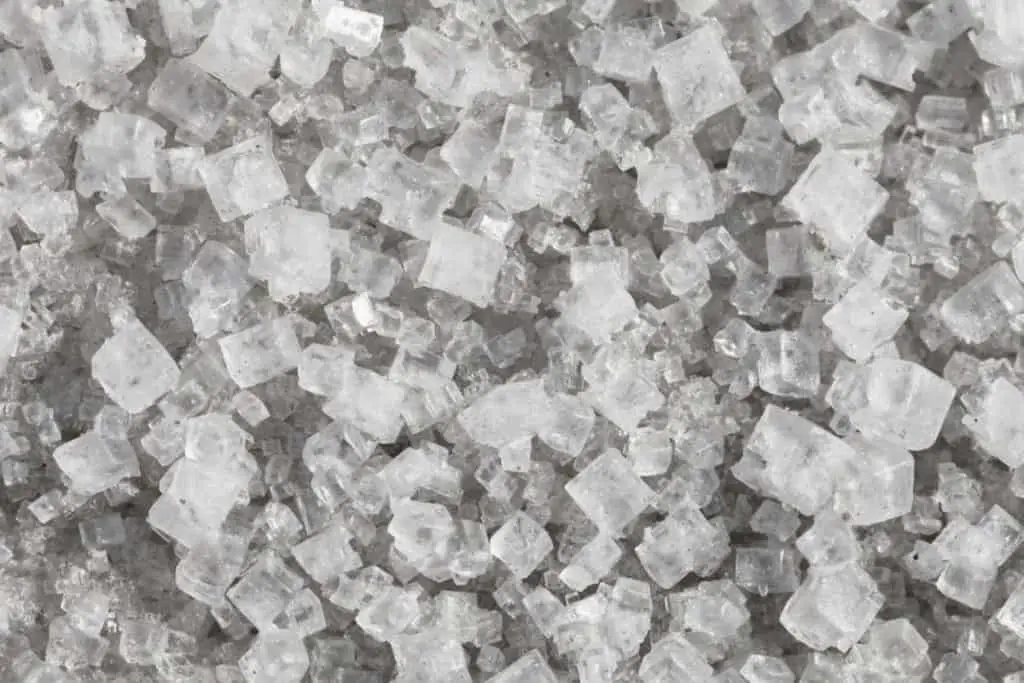
Smoking meat is a great way to produce a delicious meal for a lot of people all at once, emphasis on the delicious. But for a lot of people, the sheer amount of sodium involved in the process can make this food prohibitively dangerous to consume.
While smoked meat tends to have a high amount of sodium in it, this is not caused by the actual smoking process. Rather, salt is simply the most common way to cure meat before smoking it. If meat is smoked without first being salted, it will have no more sodium than usual.
So it’s possible to smoke meat without first salting it, but is it safe? And what options do we have to reduce the amount of sodium in our delicious delicious barbecue? More immediately, why doesn’t smoking meat add any sodium?
What Does Smoking Meat Do?
When we talk about barbecue, it’s nearly always in relation to the modern practice of hot smoking. Wherase ancient cultures would use smoking as a preservative tool, hot smoking is primarily used for food preparation.
When smoking is used as a preservative, it is salted in order to sterilize the inside of the meat and prevent people who eat it from getting sick. This was necessary because the smoking techniques people used at the time, known as cold smoking, did not cook the meat.
The only part of the meat that cold smoking effects is the surface. Fortunately for ancient peoples, smoke is both an antibacterial and an antioxident. This means that smoking a piece of meat for just a few days could halt the decomposition process for months.
Modern smoking works off of much the same principle, except that because we now have access to refrigeration smoking as a preservative method is no longer necessary.
The combination of heat and smoke in hot smoking does more than just cook the meat. The slow cooking takes long enough that it actually tenderizes the meat, giving it a specific texture that isn’t really replicable.
Because of this, cold smoking is a lot less common in most of the world than it once was, at least when it comes to activities that are accessible to lots of people.
Hot smoking is much faster, and because it is done at high temperatures it almost always cooks the meat involved.
Safety

Because modern hot smokers cook whatever you put into them, there aren’t really any safety issues with not applying a salt rub or a brine.
Of course, using a salt rub or a brine can add a lot of flavor to meat that is going to be smoked, but that doesn’t mean that it’s a necessary step. If it’s safe to not cure the meat before cooking it, you could easily replace it with anything else that you want.
This being said, it is only really true for hot smoking. Cold smoked food is not cooked, so not brining it before smoking can be pretty risky.
I would definitely reccomend finding a different way to prepare foods like turkey that are often cold smoked rather than try to take salt out of their preparation process.
Of course, this is totally irrelevant when smoking things like cheese or nuts, which don’t need to be cooked to be ready to eat. There isn’t really much reason to worry when it comes to them, so no matter what technique you use to smoke them they’ll probably be fine.
Replacements For Salt
There are plenty of different ways you can replace salt in your rubs. You could just omit it from your usual rub solution, although for some people that might not be a viable choice. You can try replacing it with celery seeds, which some people utilize as a salt substitute.
There are also a few potassium based salt substitutes on the market if your body can handle the extra potassium. They also aren’t an exact replica, but they can get the job done.
The company Mrs. Dash also makes all sorts of great salt-free seasonings. Try out a couple of them and see what you like, they’re all pretty good.
As for brine, it can be replaced with buttermilk as long as you’re careful to make sure that the buttermilk that you buy doesn’t have salt in it. It can do much the same job as a brine bath without pumping the meat full of sodium.
You can also try marinading the meat before you smoke it. This is another thing that you can experiment with yourself, although some ingredients commonly used in marinades include wine, orange juice, olive oil, lemon, and garlic.
Just don’t let it marinade too long, poultry especially can end up pretty mushy if it’s been marinaded for too long.
Otherwise, it sometimes just isn’t necessary to brine your meat. Seasoning it with garlic, onion, and just a little bit of love will often be enough to make it taste very good.
Other Ways To Avoid Salt In Meat
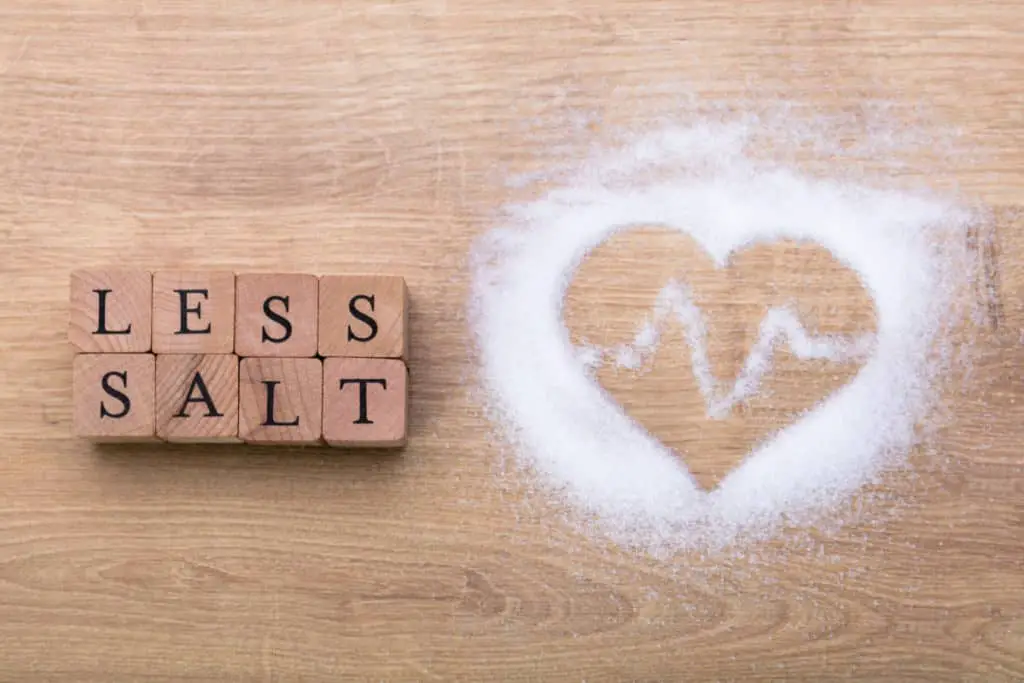
As useful as it is to know how to replace salt in your barbecue, it won’t really help much if the meat that you buy from the supermarket is just filled with salt anyways.
Chicken is especially likely to be treated with a salt solution to help it keep longer. I’ve found that organic options are less likely to contain salt, and if that doesn’t sound appealing to you you can always talk to your local butcher about your needs.
As for other meats, you’ll want to check their label to see if they have less than 400 MG of sodium, although 150 MG is probably more optimal.
As with any dietary limitation, the most important thing is to be careful and watch what you eat. Read labels, ask trusted friends, communicate with the people who you’ll be eating with so that they know to bring low-sodium alternatives for you.


